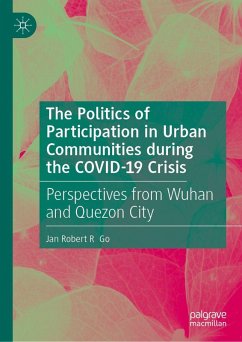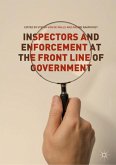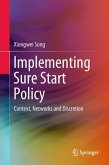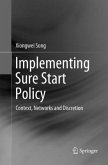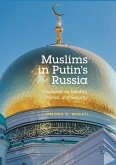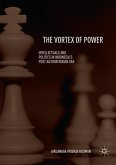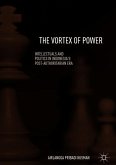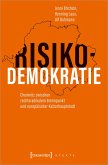This book focuses on the politics of participation in urban communities during the pandemic using the cases of two urban communities in Wuhan, China and Quezon City, Philippines. It is primarily concerned with the theory of political participation.
Rooted on the theoretical puzzles of power and participation, the author argues that the dominant view on political participation poses a limitation on what constitutes political participation and recasts it by arguing that the act of participation (or non-participation) already has a political meaning or implication. In doing so, the book proposes the politics of participation framework , which emphasizes three aspects: (1) construction of power, (2) dynamics of participation, and (3) narratives of power/participation. Through the experiences of urban communities during the pandemic, these three components are argued to contribute to our understanding of the politics of participation (vis-à-vis political participation).
Rooted on the theoretical puzzles of power and participation, the author argues that the dominant view on political participation poses a limitation on what constitutes political participation and recasts it by arguing that the act of participation (or non-participation) already has a political meaning or implication. In doing so, the book proposes the politics of participation framework , which emphasizes three aspects: (1) construction of power, (2) dynamics of participation, and (3) narratives of power/participation. Through the experiences of urban communities during the pandemic, these three components are argued to contribute to our understanding of the politics of participation (vis-à-vis political participation).

